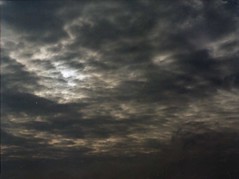
This wonderful hymn is very experiential in its conception of the presence of God, which is like heaven, bliss and not to be compared with any earthly charms. His presence is like mist dispelled by the sun, his absence like darkness. Verse 3 saves us from mysticism by stressing the practical nature of his presence. The idea of God unveiling 'his smiling face' is also in the hymn 'Where two or three, with sweet accord' by Beddome's contemporary Samuel Stennet (1727-1795). Milton's Paradise Lost refers to heaven as the 'seat of bliss'. The sixth verse of Watts 'Must all the charms of nature then' begins 'In vain the charms of nature shine'. C Wesley's hymn 'What shall I do my God to love' includes the line 'Whose mercy is divinely free'. He speaks of darkness veiling God's throne in 436. See here.
651 God’s presence in the church CM
IF God unveils his smiling face,
Heaven it is to me;
His church becomes a seat of bliss,
Where I his glory see.
2 How vain the charms that creatures boast
If once with this compared;
His service is divinely free,
His work its own reward.
3 To celebrate his highest praise,
His holy will to do,
Is my delightful sweet employ,
The course I would pursue.
4 When he is near, my griefs disperse,
Like mists before the sun;
When absent, darkness veils my skies,
And all my joys are gone.











No comments:
Post a Comment